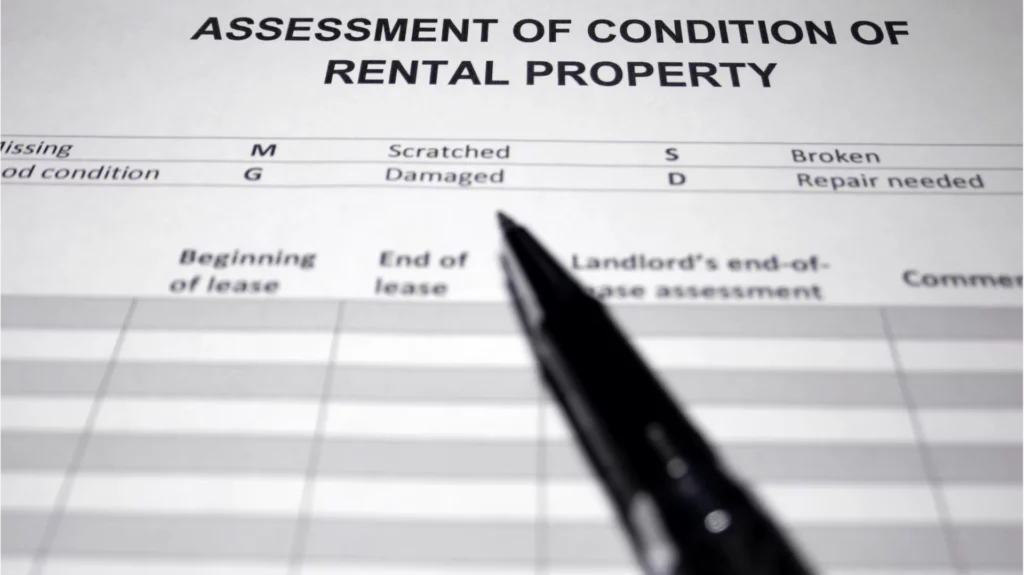
Investing in a rental property in Ottawa is an exciting opportunity for wealth building and income generation. As an experienced mortgage agent, I’m here to guide you through each step of purchasing your rental property. This guide draws from the thriving rental market in Ottawa, offering insights and strategies for navigating your investment with confidence whether it is your first time buying a rental property or a journey you have already started.
Market Research: Start with a deep dive into Ottawa’s real estate market. Understand local trends, rental demands, and property values to identify promising investment areas. This process is replicable anywhere else in Ontario, and your ultimate decision should be influenced by your market research.
Financial Preparation: Assess your financial readiness, including your credit score, available cash for down payments, and your overall investment budget.
Mortgage Financing: Familiarize yourself with different mortgage options for purchasing rental properties, including conventional mortgages and loans from B lenders or private lenders.
Legal and Tax Implications: Research the landlord-tenant laws in Ontario and understand the tax implications of owning a rental property.


Investing in rental properties in Ottawa, or elsewhere in Ontario offers a multifaceted financial opportunity. From generating a steady stream of income to capitalizing on long-term property appreciation, and utilizing the tax advantages available to property owners, the benefits are clear. However, it’s essential to approach this investment with thorough research, sound financial planning, and, ideally, with the advice of a knowledgeable mortgage agent and tax professional to fully realize its potential.
Interested in exploring rental property investments? Contact me for expert advice tailored to the unique real estate landscape of Ontario.

Q1: What are the first steps to take when considering a rental property investment in Ontario?
A1: Start by assessing your financial situation and getting pre-approved for a mortgage. Conduct thorough market research to understand the rental demand and property values in your desired area. Familiarize yourself with landlord-tenant laws in Ontario.
Q2: How much down payment is typically required for a rental property in Ontario?
A2: Generally, you’ll need at least 20% of the purchase price for a down payment on a rental property in Ontario. This percentage can vary based on the lender and the specifics of the financing criteria.
Q3: What should I look for in a potential rental property in Ontario or a city like Ottawa?
A3: Key factors include the property’s location, proximity to amenities, potential for rental income, condition of the property, and the local rental market trends. Consider properties in areas with high rental demand, such as near universities or business centers.
Q4: Are there specific mortgage products for rental properties in Ontario?
A4: Yes, there are mortgage products specifically designed for rental properties, including traditional mortgages and those offered by B lenders and private lenders. These products often have different terms and rates compared to primary residence mortgages.
Q5: Can I use the rental income to qualify for a mortgage in Ontario?
A5: Yes, rental income can often be considered part of your total income when applying for a mortgage. Lenders will typically require a signed lease or an estimate of rental income to include it in your application. As your mortgage agent, I would assist you with the specifics of how the income is included.
Q6: What are the tax implications of owning a rental property in Ontario?
A6: Income from rental properties is taxable. You can deduct certain expenses, such as mortgage interest, property taxes, maintenance costs, and insurance. It’s advisable to consult with a tax professional for detailed advice.
Q7: How do I manage the rental property once purchased?
A7: You can choose to self-manage the property or hire a property management company. Self-managing involves finding and screening tenants, maintaining the property, and handling day-to-day operations, while a property manager will take care of these aspects for a fee.
Q8: What are the risks involved in investing in rental properties in Ontario?
A8: Risks include potential vacancies, unexpected maintenance and repair costs, fluctuations in the real estate market, and challenges with tenants. Proper planning and a financial buffer can help mitigate these risks.
Q9: How does refinancing work for rental properties in Ontario?
A9: Refinancing a rental property involves taking out a new mortgage on the property, potentially at a lower interest rate or with different terms. This can be used to access equity, reduce monthly payments, or consolidate debt.
Q10: What legal responsibilities do I have as a landlord in Ontario?
A10: As a landlord, you must comply with the Residential Tenancies Act, which includes maintaining the property to a safe and habitable standard, respecting tenants’ rights to privacy, and following proper procedures for rent increases and evictions.
Get professional advice and responsive service. I’m here to assist you every step of the way. Contact me now for a seamless experience.
I understand that purchasing a home can be a complex and overwhelming process. With fast, dedicated, and responsive service, I am committed to ensuring a smooth delivery every step of the way. Contact me today to experience the difference in personalized service and let me help you achieve your goals.
Mortgage Agent Level 2 #M21005255
Smart Debt Mortgages
Brokerage License #12236
Content on this site supported by OpenAI